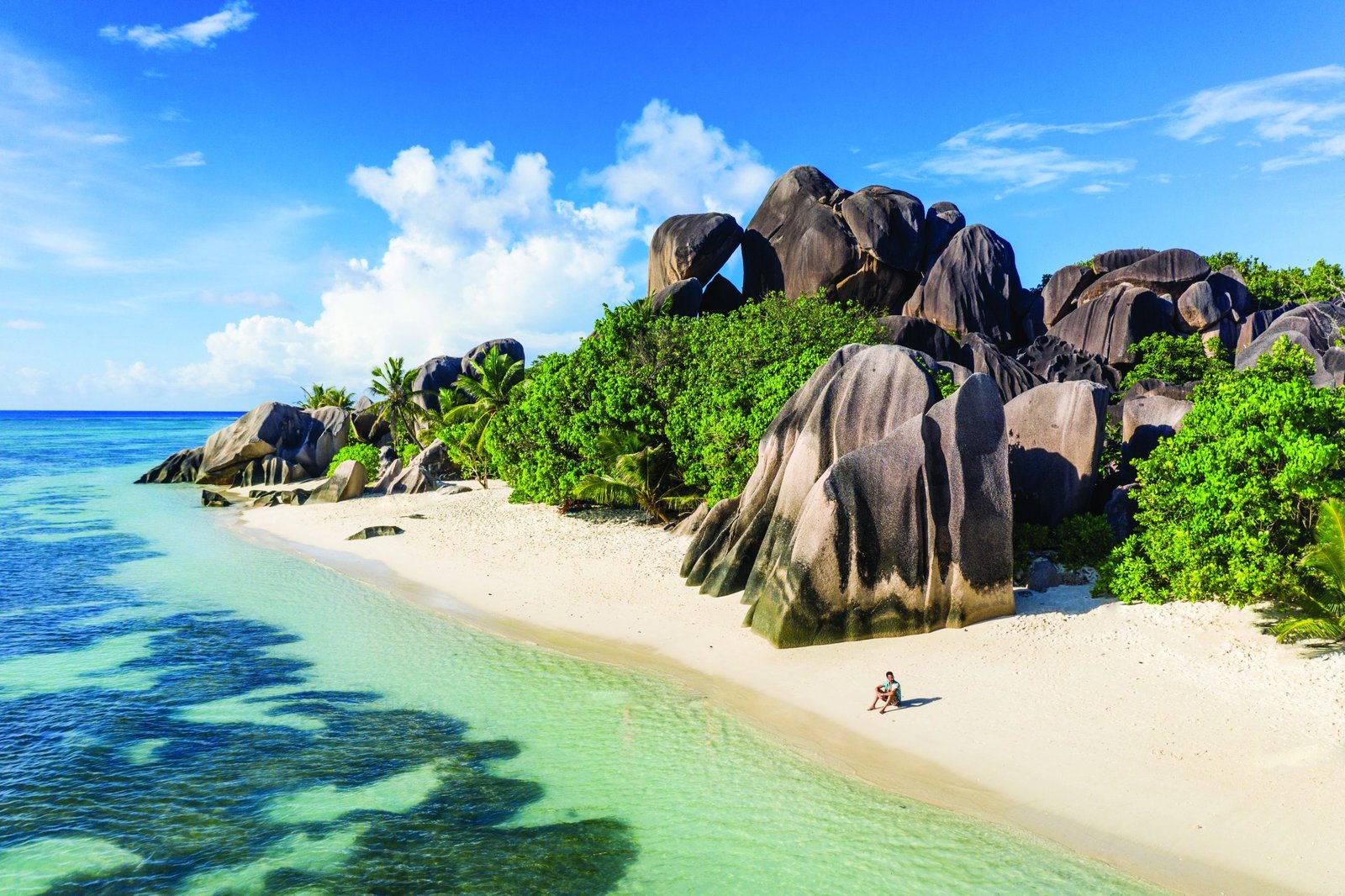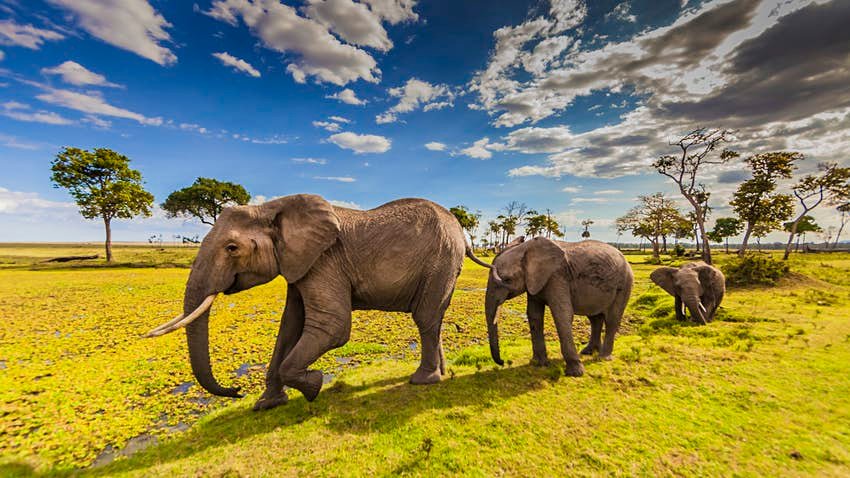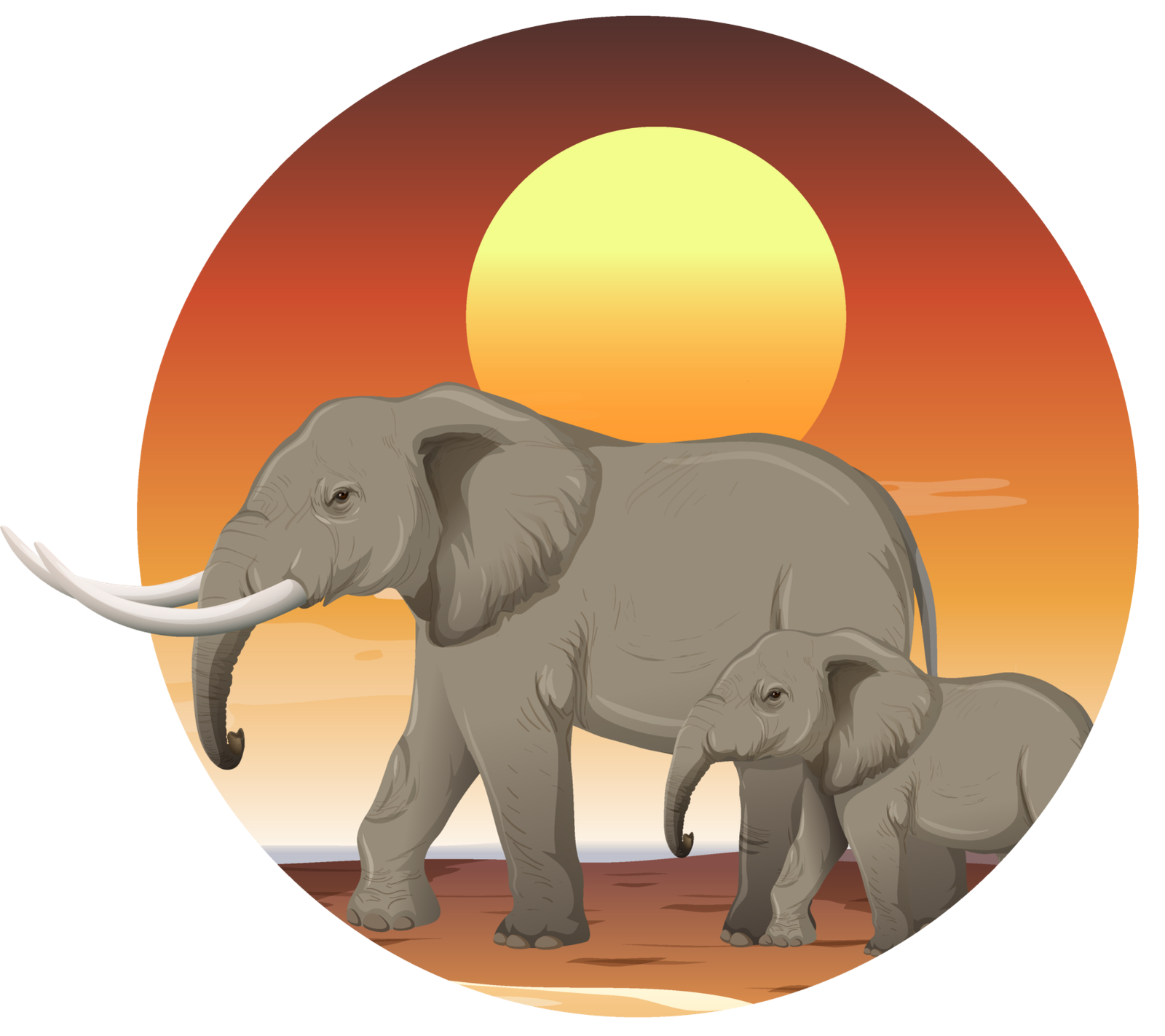Local Communities around Queen Elizabeth National Park Uganda
Exploring the local communities near Queen Elizabeth National Park in Uganda promises to be a fascinating journey into an enchanting cultural mosaic. The region surrounding the park is home to various ethnic groups, each with their unique traditions, languages, and customs. Engaging with the local communities can provide you with a deeper understanding of the area’s rich cultural heritage.
Diverse Ethnic Groups:
Uganda is a culturally rich and diverse country with over 50 recognized ethnic groups. Each group has its own unique language, traditions, customs, and way of life. Here are some of the major ethnic groups in Uganda: Banyankole (Ankole): The Banyankole, also known as Ankole people, are an ethnic group in southwestern Uganda, predominantly residing in the Ankole sub-region. They have a distinct cultural identity and are known for their cattle-keeping practices and rich cultural heritage. Here are some key aspects of the Banyankole (Ankole) people and their culture:- Cattle Keeping: Cattle keeping is central to the Banyankole way of life, and they are often referred to as the “Cattle Keepers of Ankole.” They have a deep connection with their cattle and consider them a symbol of wealth, status, and prosperity.
- Long-horned Cattle: One of the remarkable features of the Banyankole cattle is the long, curved horns that are characteristic of the Ankole cattle breed. These majestic animals have adapted to the region’s environment and play a significant role in the Banyankole economy and culture.
- Traditional Governance: Historically, the Banyankole had a hierarchical system of governance led by local chiefs known as “bahima” (for men) and “babihurura” (for women). These chiefs held authority in their respective communities.
- Omugabe: The highest traditional authority among the Banyankole was the Omugabe, who served as the king of Ankole. The title of Omugabe was abolished with the abolition of kingdoms in Uganda in 1967. However, cultural leadership and traditions persist among the Banyankole.
- Cultural Practices: Banyankole culture is rich in traditional practices, including ceremonies like marriage (Okuhingira) and initiation rites (Ekitaguriro). The Ekitaguriro ceremony marks the transition of young men into adulthood and involves various rituals and teachings.
- Language: The Banyankole primarily speak Runyankole, a Bantu language. It is widely spoken in the Ankole region and serves as a means of preserving and passing on cultural knowledge and traditions.
- Agriculture: Apart from cattle-keeping, agriculture is an essential part of the Banyankole livelihood. They engage in farming activities, cultivating crops like millet, sorghum, bananas, and beans.
- Music and Dance: Banyankole music and dance play a vital role in their cultural expression. They have various traditional dances, such as the Ekitaguriro dance, performed during important events and celebrations.
- Dress: Banyankole traditional attire includes colourful clothing, with women often wearing vibrant gomesi (a traditional dress) and men wearing busuuti, a long robe.
- Language: The Baganda speak Luganda, a Bantu language, which is widely spoken in the central region and is one of the major languages in Uganda.
- Buganda Kingdom: The Baganda have a long history of monarchy, and the Buganda Kingdom is one of the oldest and most significant traditional kingdoms in Uganda. The kingdom plays a crucial role in preserving and promoting Baganda culture, customs, and traditions.
- Cultural Practices: Baganda culture is characterized by rich traditions, music, dance, and folklore. They have various ceremonial events, including traditional marriage ceremonies (Kwanjula) and initiation ceremonies for young men (Emmengo). Music and dance play an essential role in their celebrations and social gatherings.
- Economy: Historically, the Baganda were known for their agricultural practices, particularly the cultivation of bananas, which is a significant staple crop in the region. Today, many Baganda are engaged in various professions, including trade, business, and government.
- Religion: The majority of Baganda people practice Christianity, with a significant number being Roman Catholics and Anglicans. However, traditional religious beliefs and practices also persist within the community.
- Traditional Clothing: Baganda traditional attire includes colourful clothing made from backcloth, known as “omushanana,” often worn on special occasions and during cultural events.
- Kabaka: The title of the king of Buganda is referred to as the Kabaka. The Kabaka is a respected figurehead in Buganda culture and plays a vital role in cultural and traditional affairs.
- Buganda Music and Dance: Baganda music is vibrant and diverse, with different genres for various occasions. Traditional instruments like drums, xylophones, and harps are commonly used in their music and dance performances.



